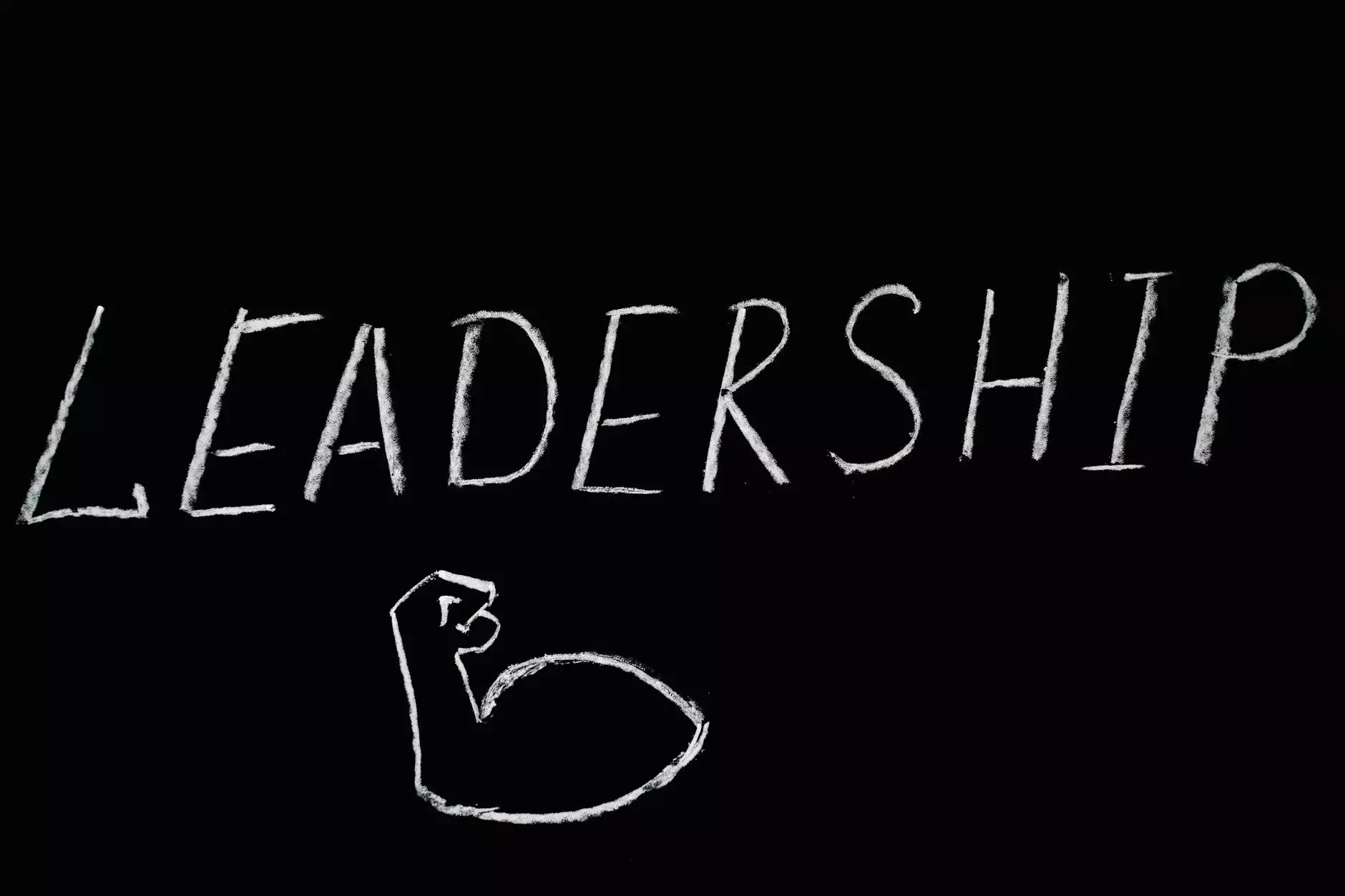How To Recognize And Address Symptoms Of Anxiety
Health
Welcome to Ageless Wisdom Magazine's comprehensive guide on recognizing and addressing symptoms of anxiety. In this article, we will delve into the various signs of anxiety and provide you with valuable insights and effective strategies to manage anxiety in your daily life. Anxiety is a common mental health condition that affects millions of people worldwide. By understanding the symptoms and learning how to address them, you can take control of your mental well-being and lead a happier, more fulfilling life.
The Signs and Symptoms of Anxiety
Anxiety can manifest in various ways, and it's crucial to be able to recognize the signs and symptoms. Some key indicators include:
- Excessive Worry: Constant and uncontrollable worry about everyday situations, often accompanied by a feeling of impending doom.
- Restlessness: Feeling on edge or unable to relax, experiencing difficulty focusing or sleeping.
- Physical Symptoms: Physical manifestations such as increased heart rate, shortness of breath, trembling, sweating, or gastrointestinal discomfort.
- Avoidance Behavior: Avoiding certain situations or places due to the fear of experiencing anxiety.
- Panic Attacks: Sudden feelings of intense fear or impending doom, accompanied by physical symptoms like a racing heart, dizziness, or chest pain.
It's essential to note that everyone experiences anxiety differently, and symptoms may vary from person to person. However, recognizing these signs can be a crucial first step in addressing the condition.
Addressing Anxiety: Strategies and Techniques
Once you have identified the symptoms of anxiety, it's time to explore effective strategies and techniques to manage and reduce its impact on your life. Here are some approaches you can consider:
1. Seek Professional Help
Consulting with a mental health professional, such as a therapist or counselor, can provide you with guidance and support in managing your anxiety. They can help you develop coping mechanisms and tailor interventions specific to your needs.
2. Practice Relaxation Techniques
Engaging in relaxation techniques, such as deep breathing exercises, meditation, or yoga, can promote a sense of calmness and reduce anxiety levels. These practices help shift your focus away from anxious thoughts and promote overall well-being.
3. Maintain a Healthy Lifestyle
Adopting a healthy lifestyle can significantly impact your mental well-being. Ensure you get regular exercise, eat a nutritious diet, get enough sleep, and avoid excessive consumption of caffeine or alcohol. Taking care of your physical health can help reduce anxiety symptoms.
4. Challenge Negative Thoughts
Often, anxiety stems from negative thought patterns and irrational beliefs. Learning to challenge and reframe these thoughts can help alleviate anxiety. Practice positive self-talk and question the validity of your anxious thoughts.
5. Establish a Support System
Building a support system of friends, family, or support groups can provide you with a sense of belonging and understanding. Talking to others who have experienced anxiety can help you feel less alone and offer valuable insights and advice.
6. Cognitive-Behavioral Therapy (CBT)
Cognitive-Behavioral Therapy (CBT) is a well-established approach for treating anxiety. It focuses on identifying and modifying negative thought patterns and behaviors that contribute to anxiety. CBT equips individuals with practical tools and strategies to manage anxiety effectively.
7. Medication
In some cases, medication prescribed by a healthcare professional may be necessary to manage anxiety symptoms. Medication options can range from anti-anxiety medications to antidepressants, depending on the severity and individual needs.
Conclusion
Anxiety can significantly impact your quality of life, but with the right knowledge and tools, you can effectively recognize and address its symptoms. By following the strategies mentioned above and seeking professional help, you can manage anxiety and lead a happier, more balanced lifestyle. Remember, taking care of your mental well-being is essential, and Ageless Wisdom Magazine is here to support you every step of the way.










